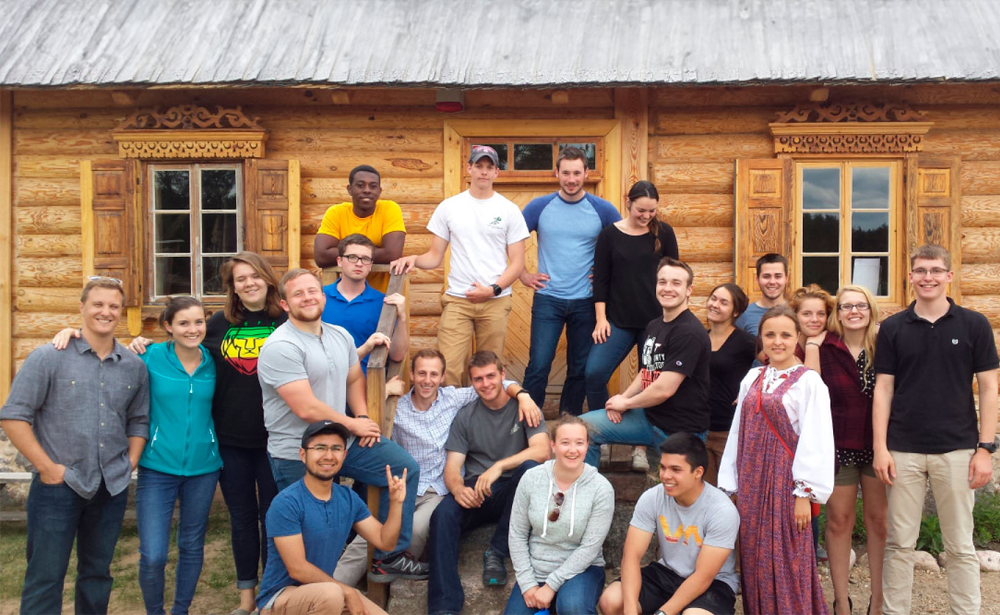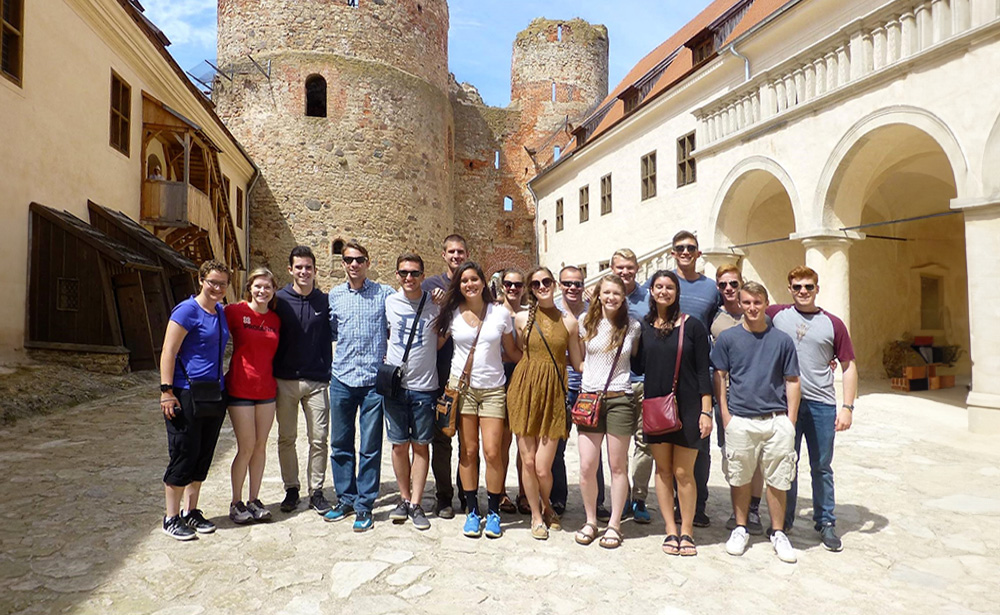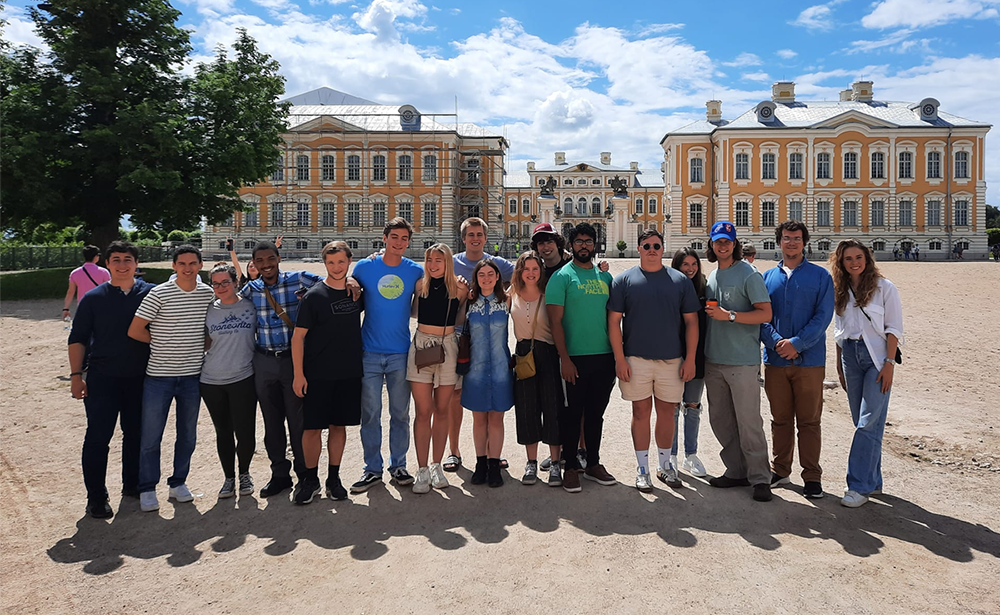10 Unusual Russian Words

You have already learned Russian very well, or maybe you are a Russian beginner. You probably know that every language has its list of words which are impossible to translate into another language, or they have a meaning completely different from what they mean in our mother tongue. In this article, we would like to study the unusual words which exist in the Russian language. We find it important to enrich you understanding of the Russian culture.
You will be surprised with the fact that words that settled in our everyday speech, were coined by famous poets and writers. New and unusual Russian words appear almost every day.
Почемучка
- Почемучка (pochemuchka) – the one who asks too many questions.
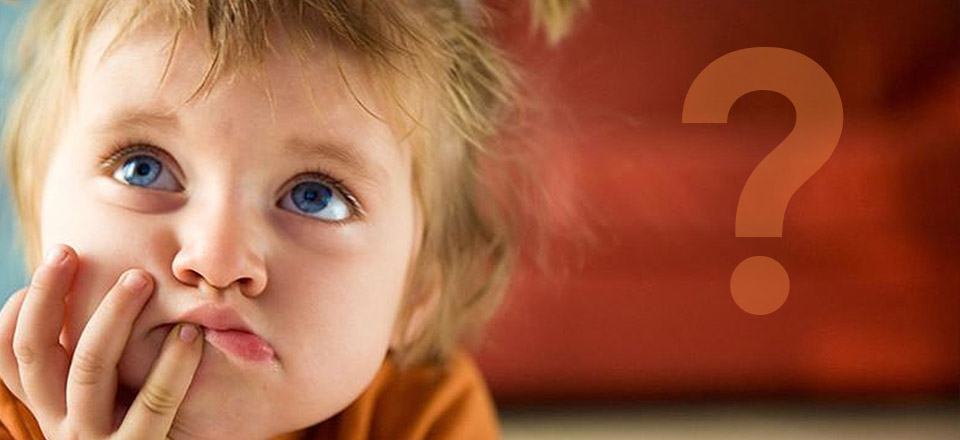
Parents often use this word to call their kids affectionately. “Почемучка” (pochemuchka) is a unique Russian word which denotes an inquisitive child who wants to know about everything in the world and always asks “почему?” (“Why?”).
Apparently, this word appeared at the beginning of 1940, and it was first time mentioned in the book by Boris Zhitkov “That I saw”, whose main character is a curious a boy, who asked everybody a question “Why?”. That is why he was called Почемучкa.
Капель
- Капель (kapel) – a sunny day when icicles start melting and water drops down.

This word denotes the beginning of spring, and therefore, it is a very cheerful word which makes everyone feel happy.
The word “капель” has the same root as the word “капля” (drop), as it was derived from this word.
Дача
- Дача (dacha) – a summer house.

The word “дача” means not a simply second home, but it implies the special lifestyle: Russian banya, tea drinking, fishing, and vegetable gardens. Dacha is a house in the country for city dwellers where they stay only for the summer during their holidays.
This word appeared at the beginning of the 18th century, in Peter the Great’s epoch, and it is derived from the verb “давать” (to give).
Глазомер
- Глазомер (glazomer) – the ability to measure something without any tools.

The combination “глаз” (eye) and “измерение” (measurement) means that a person with a good “глазомер” can measure weight or distance without using any tools but eyes.
The word originated from combining two words “глаз” + “мерить”.
Экранизация
- Экранизация (ekranizatsiya) – making a film based on a book.

Literally – “скрининг”, the word means a film which was based on a book, play, song or any other piece of art.
The word “Экранизация” was derived from the verb “экранизировать”, i.e. to show something on a screen (e.g. a film based on a book).
Пороша
- Пороша (porosha) – fresh snow that fell during the night.

The untouched snow fallen during a windless night or in the evening, and which was not stepped on by a man or animal, or a bird.
This word is a participle derived from the verb “порошить”.
Попутчик
- Попутчик (poputchik) – a stranger who someone travels together with.

Unlike a passenger who you met before, “попутчик” is a completely stranger person who travels in the same direction as you. During the journey, a person may share their secrets with his/her “попутчик” as he/she knows that “попутчик” will get off on a faraway and unknown stop and they never meet again.
This word was derived from the adverb ” по пути” (coming my way).
Заводила
- Заводила (zavodila) – the first person who starts something.

It is said that somebody is a “заводила” if he/she motivates people around him/her to do something without being aggressive or arrogant, but by being kind, cheerful, and confident. “Заводила” may encourage both positive and negative behaviour.
The word “заводила” is derived from the verb “заводить”, which means to encourage.
Бытие
- Бытие (bytiye) – the highest state of being.

This word comes from the root of the verb “быть” (to be) or “существовать” (to exist). The meaning of the word goes beyond the frame of the being or existence into the sphere of arch-consciousness, objective state of mind or reality.
Авось
- Авось (avos’) – the reliance on pure chance.

For example, if a person has a chance for success, he/she will rely on it and move forward, just in case he/she is lucky. The word has become part of Russian mentality. The word “авоська” (avos’ka),a busket for purchases, extremely popular in the Soviet Union, came from this word.
The word “авось” was made up by our ancestors and it came from the old word “авосе” (avos) which means “а вот сейчас” (and now).
This is the end of our article about unusual Russian words. We do hope you find this information useful!
You may be interested
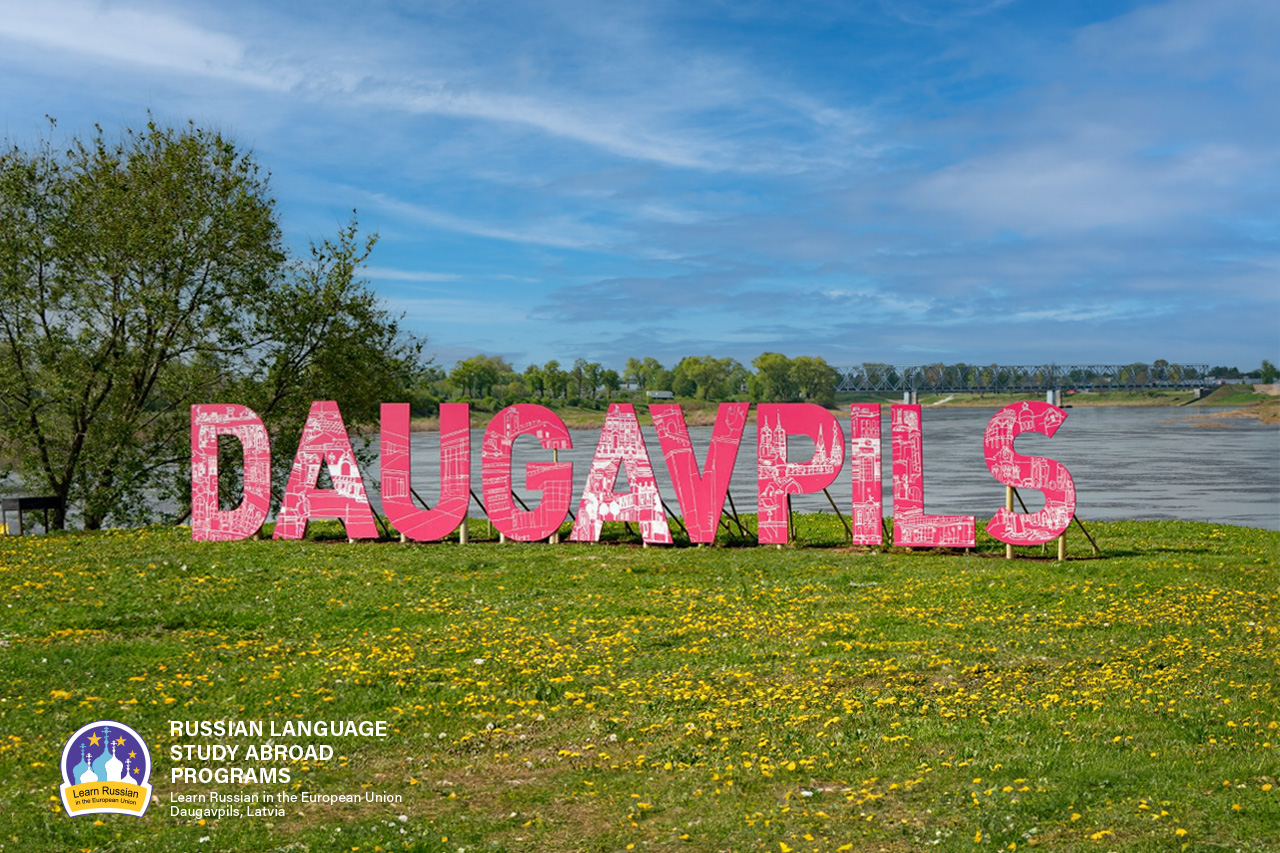
Why do people speak Russian in Daugavpils?
As it seems to us, Daugavpils is the best place to learn Russian now, because our city is situated in the EU and NATO, but at the same time 90% of the city’s population speak Russian at home.
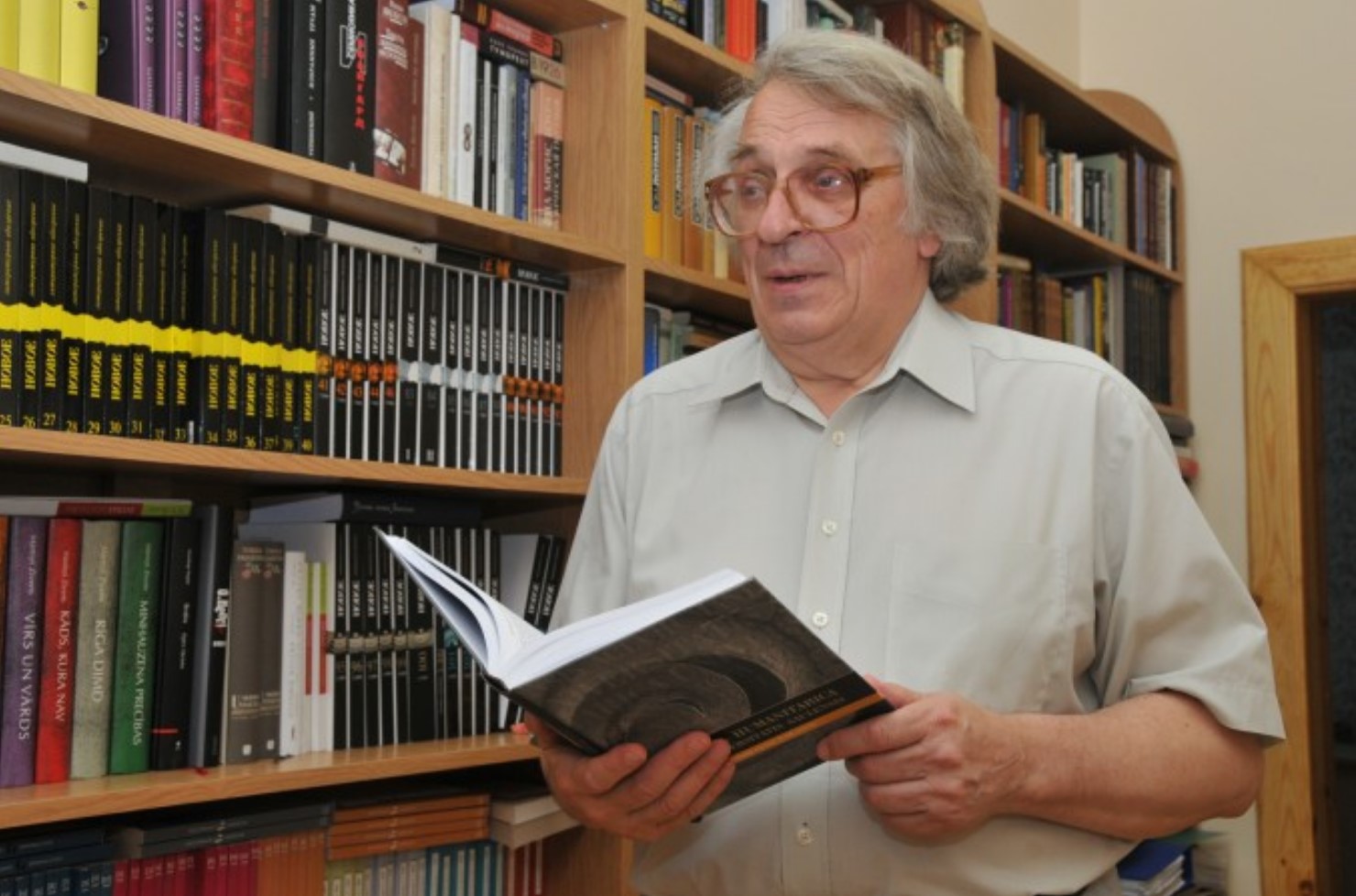
ЭТЮД О ДВИНСКЕ
Etude on Dvinsk by F.Fedorov
The Baltic region is one of the most catastrophe prone regions of the 2nd millennium, especially its second part; it is the centre of attraction of ‘geopolitical’ interests of the European world. Probably the most tragic fate has befallen to the eastern part of the present Latvia and its multi-titled town of Dinaburg – Dvinsk – Daugavpils. During its 730 years long history, the town went through five rather autonomous periods of development, five different lives (German, Polish, Russian, Latvian, Soviet), and at the beginning of the 1990s it entered into the 6th period.
The history of Dinaburg – Dvinsk – Daugavpils is the history of five attempts by the town to begin its life anew; and this is determined not only by the fact that the town was four times burned down and had to start life from scratch, but first and foremost because each of these periods was characterized by a total change of ethnos and the socio-cultural field.
The present article deals with the cultural space of the town in one of the most efficient periods of its development – from the 1860s till World War I.






